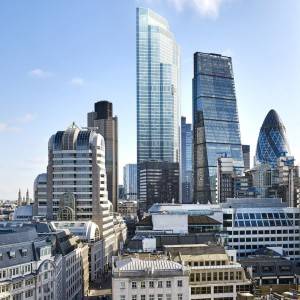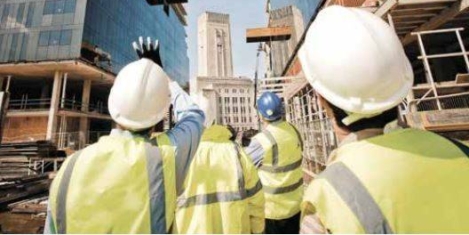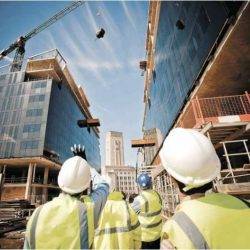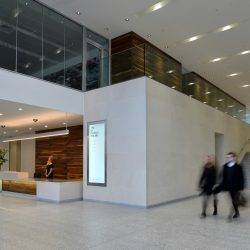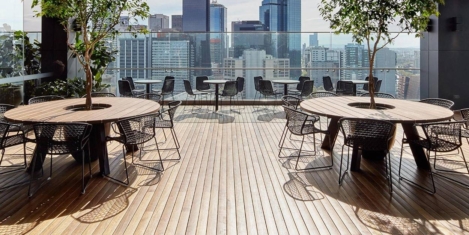January 11, 2017
Tech and media firms still believe human talent is the key to success 0
A new study from Colliers International claims that 62 percent of companies in the TMT sector are looking to expand their headcount. Despite advances in technology and artificial intelligence in the workplace, Colliers latest research suggests that over 62 percent of enterprises in the Tech, Media and Telecoms (TMT) sector are seeking to employ more staff to drive their company forward, demonstrating that the human factor still plays a critical role in business development. The report was conducted by global real estate firm Colliers International, based on a number of interviews. The study also claims that only 12.5 per cent of the firms which were interviewed were looking to contract their workforce. Interestingly, technology was viewed as the least important strategic resource by all but one company. Yet most businesses surveyed did expect big change and efficiency improvements through the introduction of new technology in the business and the workplace, especially the development of cloud-based systems.








